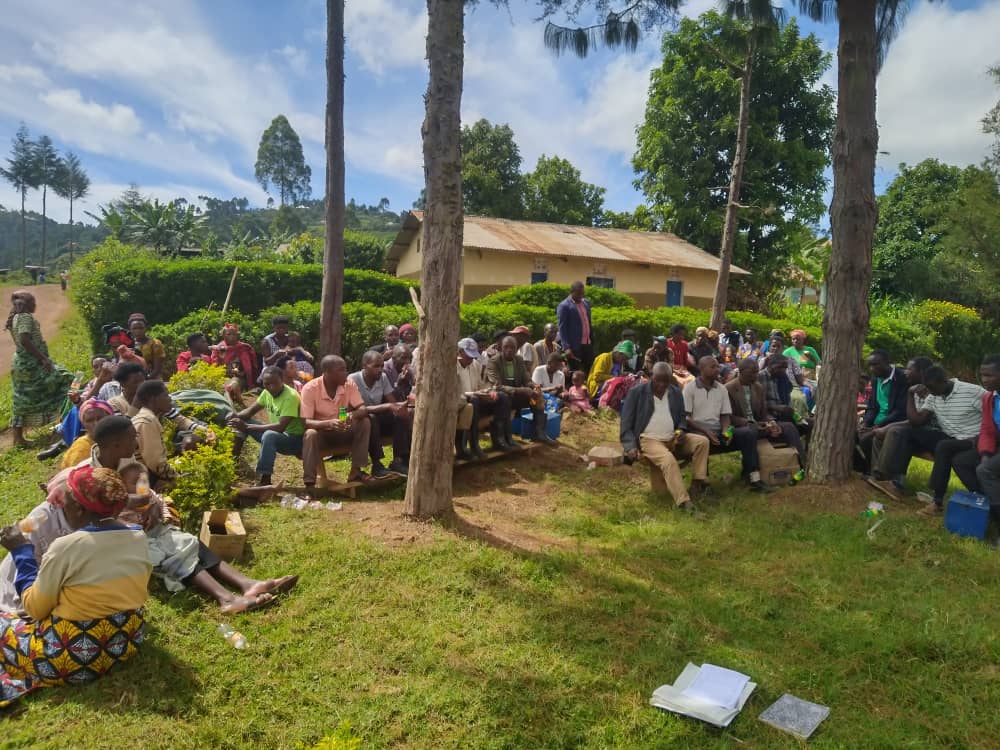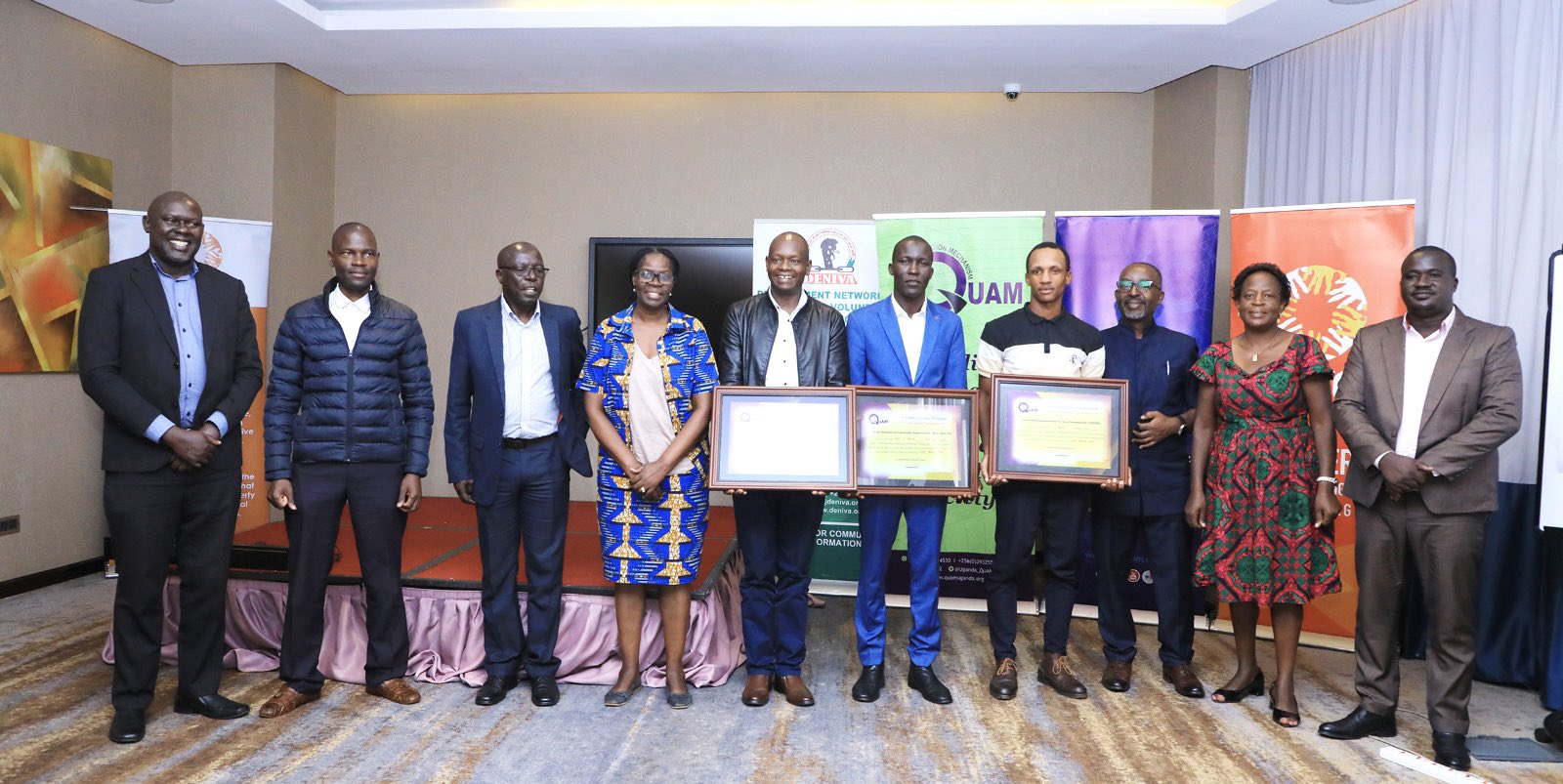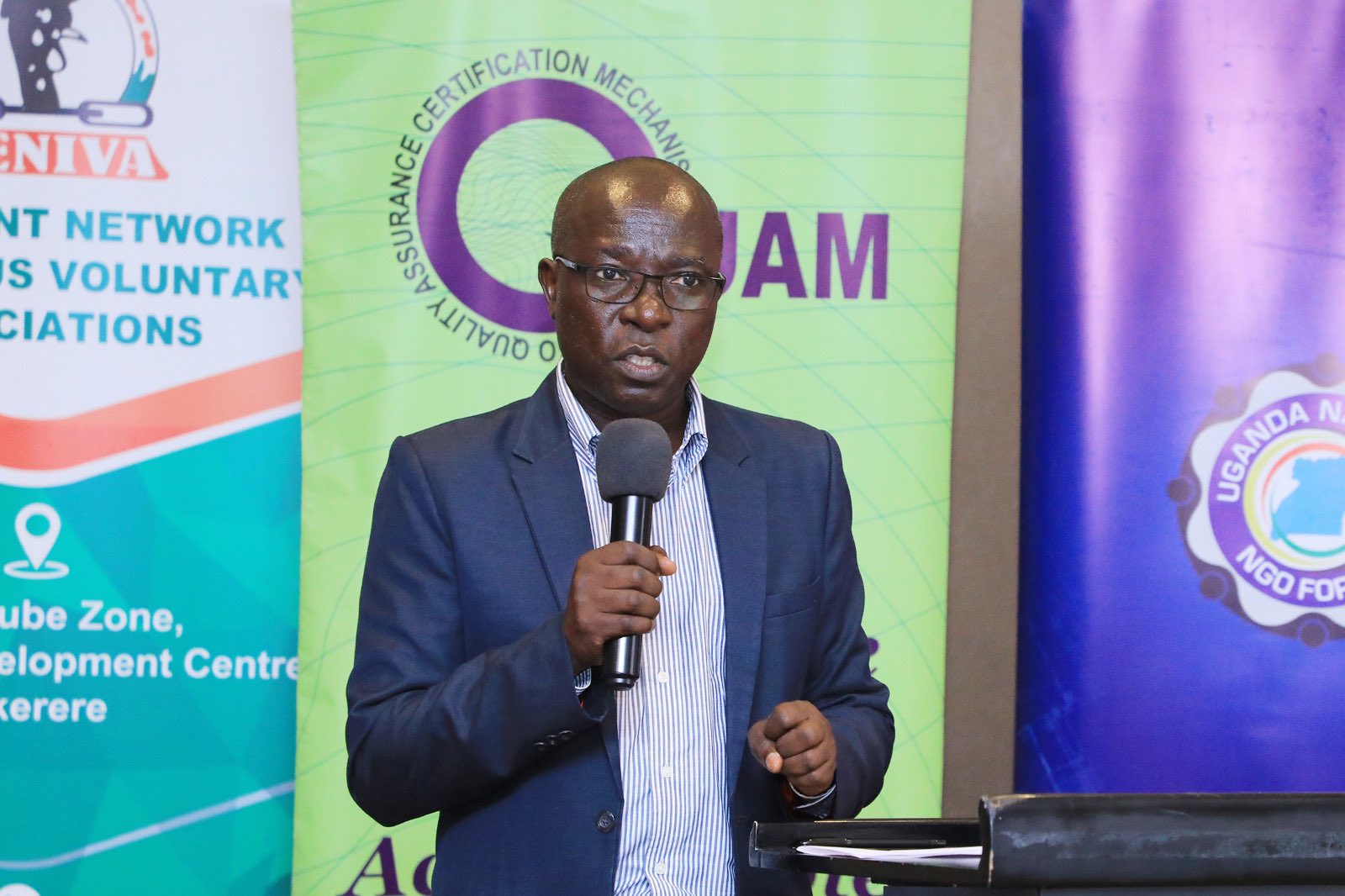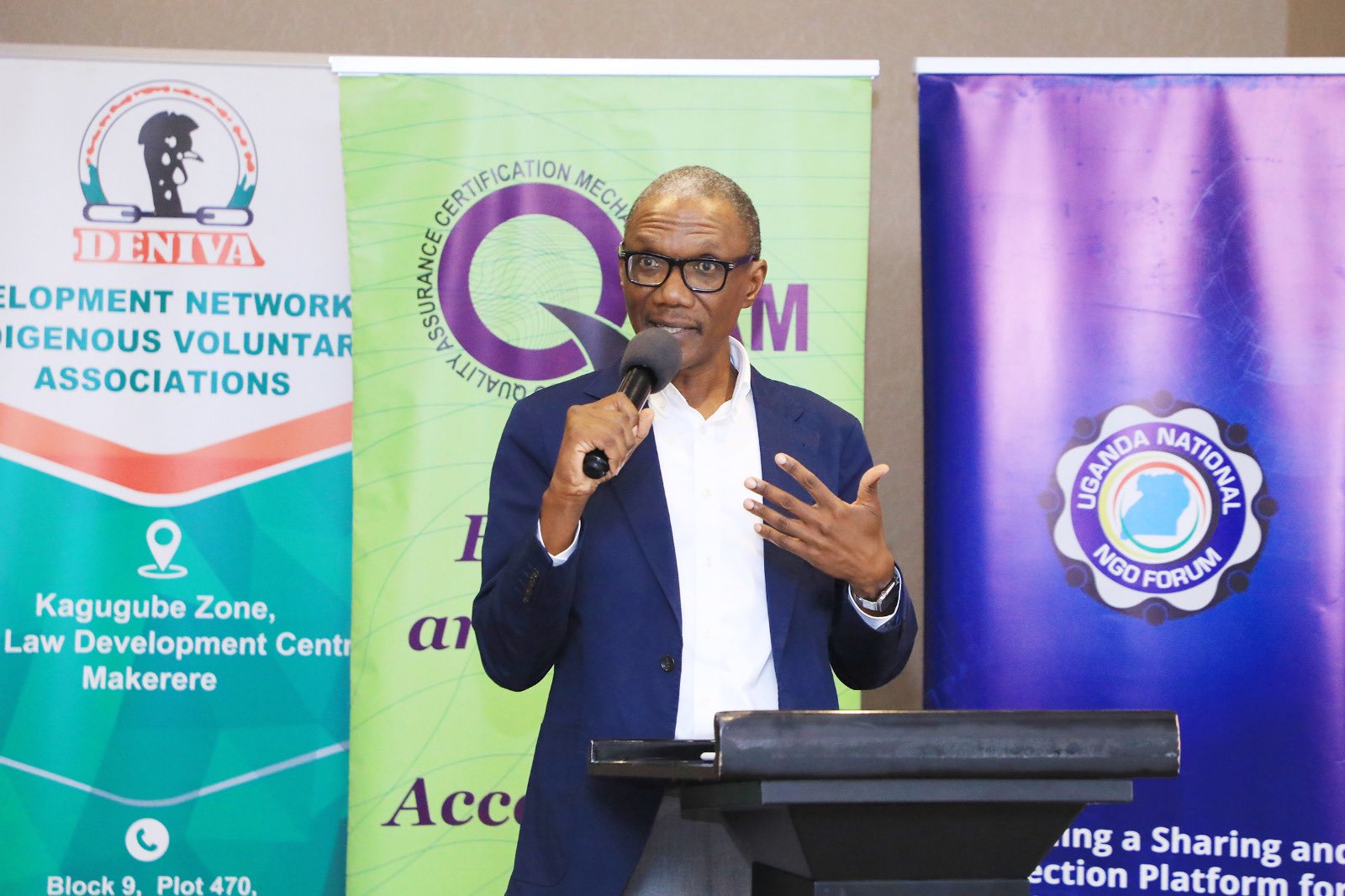
Reviving Civic Engagement: The Impact of the Topowa Forum Model in Uganda
Civic participation is a cornerstone of every democratic society, yet strong citizenry often threatens the narrow, selfish interests of those in power. Over the past decades, we have witnessed deliberate efforts to weaken institutions of citizenry and their participation, especially in many African countries, including Uganda.
We concluded that democratic participation is currently weak, and the institutions of governance meant to foster citizen participation have also been weakened. This has led to apathy among citizens and withdrawal from development processes, while demand for good governance has stalled.
To address this, we developed the Topowa Forum model. “Topowa” is a word from one of the Ugandan local languages, meaning “do not give up.” The model emerged from recognizing the apathy among the citizenry. In communities where there was a general withdrawal from political and governance issues, citizens were informally organized around social and economic issues. We realized they were not connecting their quality of life with the nature and substance of politics, particularly public corruption.
We identified where such informal groups existed and focused on strengthening them, motivating them to engage in political conversations and governance processes. Where these institutions did not exist, we identified influential community leaders to convene clusters of 20 to 30 people regularly to discuss governance and institutional development issues. Our idea was that regular citizen engagement in discussions of accountability and governance would strengthen the demand for good governance.
Once this demand was created, we provided platforms for citizens to engage with duty bearers on the identified issues. In the initial phase, we identified community issues, disseminated information to help them understand these issues and their connection to political leadership, and then created platforms for engagement with duty bearers.
Since implementing this model in 2019, we have seen increased engagement and demand for accountability in previously apathetic communities. There has been a rise in mutual accountability at the community level, with citizens holding local leadership accountable. Local leaders have become more responsive to citizens’ aspirations and have joined demands for national leadership accountability, particularly on budgeting issues.
Working with organic citizen formations, without creating new ones, has embedded sustainability. Even without direct organization by the NGO Forum and partners, citizens continue to engage beyond project implementation. There are numerous examples of change driven by citizens, such as contributing time and money to address community issues. For instance, in some schools, where government resources were insufficient, citizens organized and invested their resources to construct classrooms and mobilized politicians to contribute where necessary.
Overall, this model has sparked the spirit of citizenship and civic engagement, crucial for achieving SDG 16.



